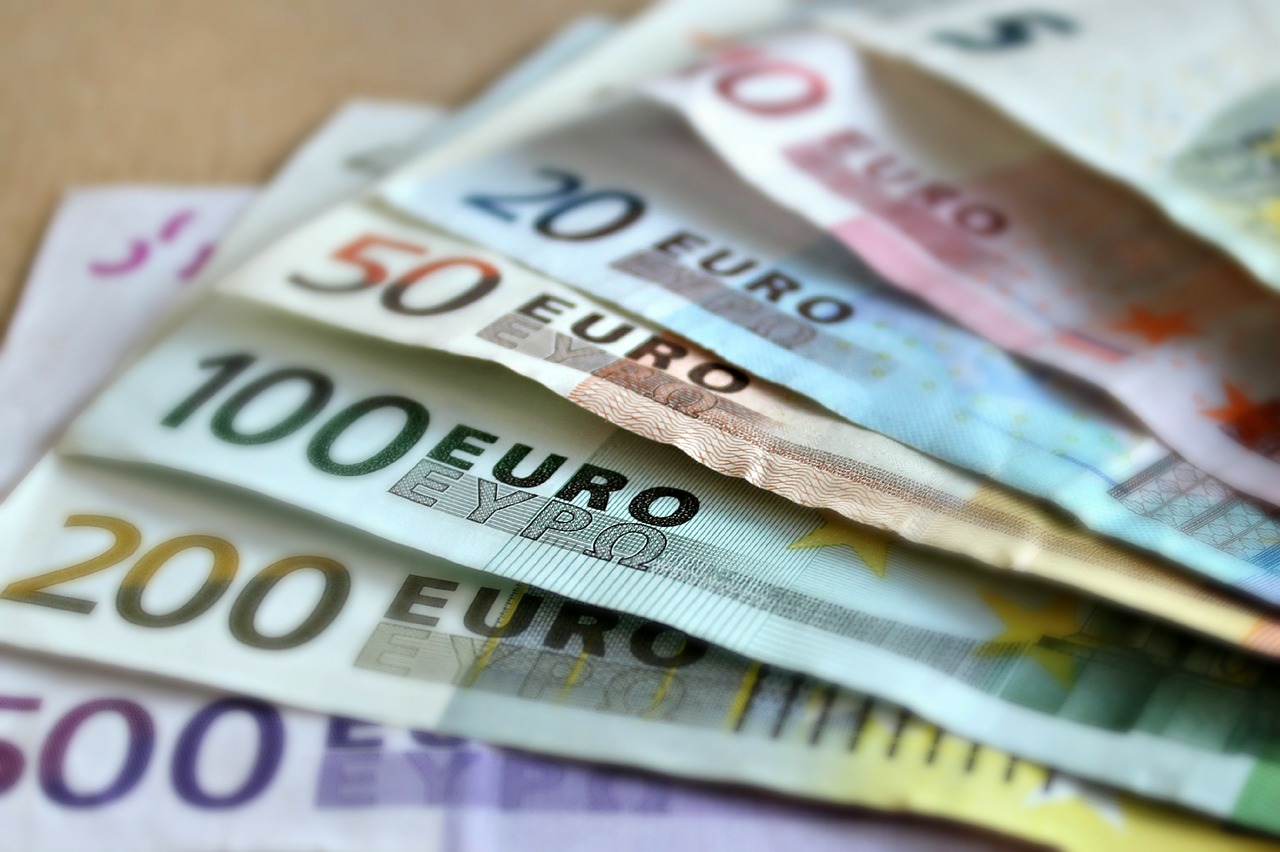Looking for businesses to invest in? Here are a few to consider when investing in Ghana. The list of areas to invest in has been carefully analyzed based on profitability, risks and sustainability. The list is in no specific order. Businesses requiring capital beyond $1million were not considered in the list.
1. FMCGs (distributors, wholesalers and retailers)
Ghana’s population of over 25 million makes fast-moving consumer goods a profitable venture. Selling products like milk, sugar, salt, biscuits, drinks, groceries, sachet and bottled water, and similar items can be a very profitable business. Manufacturers, distributors, wholesalers and retailers and other players along the value chain of FCMGs are making good money if their businesses are well-organized. Margins on these products range between 1 and 10 percent with products turned at least once a week.
2. Real Estates
Ghana’s housing deficit was estimated at about 1.7 million in 2014 and expected to grow to 2 million by 2018. This would require about 200,000 units to be built each year for the next 10 years. The deficit has forced prices upwards, leading to high margins in the sector. Outright sale of residential houses in Ghana yield an average of 100% returns on amount invested in building it. Depending on the location, investors could earn almost 3 times amount invested. Rental properties have 5 years payback period on average, and again it depends on the location and the type of property (residential or commercial).
3. Catering services
Catering services and food vendors in Accra and other major cities in Ghana have three elements in the price of the food they sell. 33 percent of the price is direct cost of preparing the food (ingredients mostly). Another 33 percent for overheads and the remaining 33 percent for profit. Catering services have very short trade cycles. Most of them sell virtually everything in a day, making about 33 percent margin in the process. A minimum of 15% margin is expected on sales. How much you earn is directly based on how often you sell and the volumes.
4. Education
Quality education is highly sought after at all levels. From pre-school to post-graduate education, there are deficits in educational facilities. Parents are willing to pay high premium for quality education of their wards. Graduates are also willing to pay considerable amounts of money to upgrade their educational credentials to remain or become very employable and also for career advancement. Educational institutions charge exorbitant fees to provide education. Investors would be expected to reap returns of about 80% or more after recouping capital expenditure.
5. Farming
One of the ignored businesses in our days. Farming, if done right, can be very profitable. Crops like cassava, maize, mango, plantain, cashew, palm fruits, and vegetables have high profit potential. Learn the right farming practices to achieve a bumper harvest. I’ve looked at these farming businesses and many are making about 80% in returns. It is however a comparably risky business if you are not an expert. Some crops like palm fruits, mango and cashew have longer gestation periods, but once they bear the first fruits, you are surely in-the-money.
6. Agro-processing
Agro-processing is not a big bet in Ghana. There are several reasons cited for this, one of them is inadequate raw materials. A careful analysis of the industry will however reveal that if the right product is chosen, good money can be made. The business also requires appropriate marketing and investors will need comparatively bigger capital to start. Profit margins range between 40 and 80 percent.
7. Digital photography
It is a growing industry whose profit margins keep attracting many entrepreneurs and creating several jobs along the chain. Digital photography still has room for milking profits. However, the traditional conception must be combined with graphic design skills to make it a useful venture. Once the cost of camera and other accompanying equipments is recouped (usually in less than a year), the potential is enormous. Returns hover around 75 percent.
8. Health Services
Staying healthy is every man’s concern. Whether we are conscious of this or not, we do everything possible to keep our health and be alive. Provision of quality healthcare is not adequate in the country. Investors can look at any of the businesses in health and fitness industry of Ghana. Pharmacies, health insurance, chemical stores, herbal medicine, fitness centers, hospitals and related services are all services Ghanaians patronize.
9. Transportation
Though capital intensive, road transport business is a lucrative one in Ghana. Taxi and mini-buses in the cities and those that ply intercity highways are very good businesses. Payback periods are usually 1 year after which profits are expected in the range of 50 to 100 percent per annum. It is also quite risky but with the right information and risk minimization strategies including comprehensive insurance, you’re sure of constant cashflow and sustainable business. Many have failed in this business by not giving it the required attention.
It is a business that requires constant monitoring and maintenance of fleet.

One reply on “Profitable Businesses in Ghana that Require Small Capital”
[…] for your business. If you’re passionate about starting small and growing then you should consider businesses that require small capital. One of them is to start a roadside business, if you cannot afford renting […]